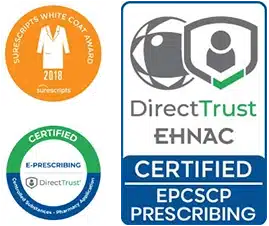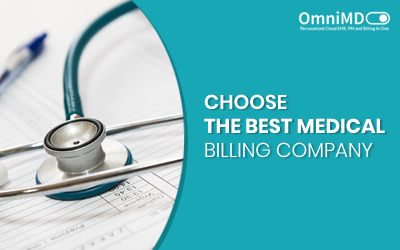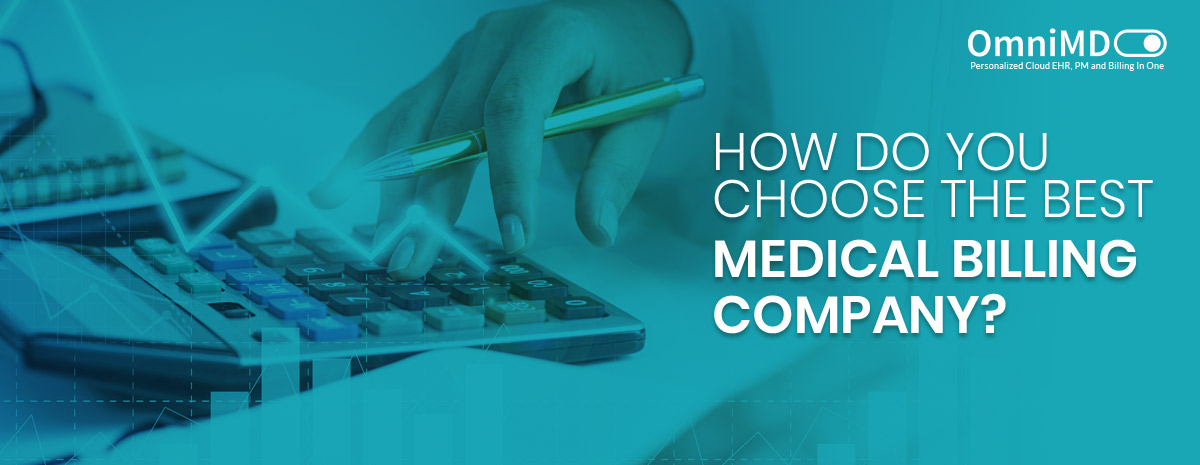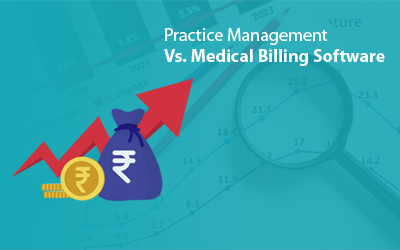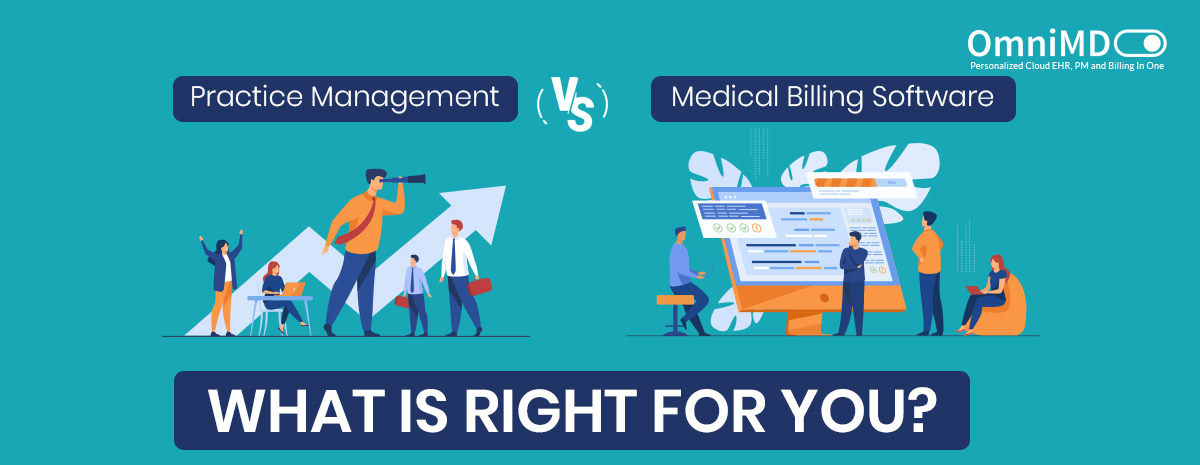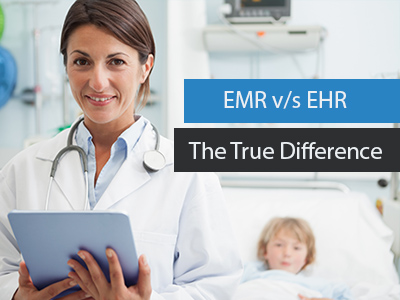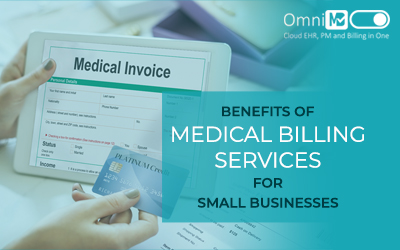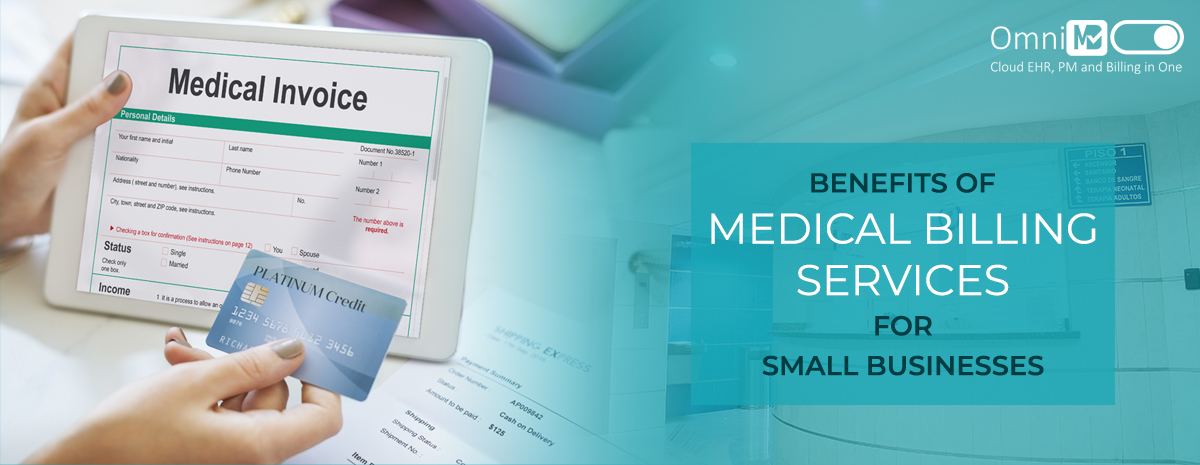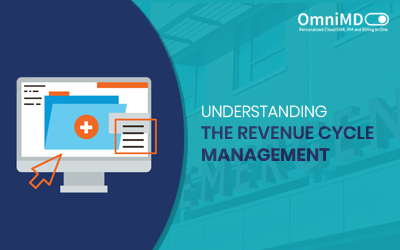
What Is Revenue Cycle Management, and How Does It Benefit Health Organizations?
What Is Revenue Cycle Management, and How Does It Benefit Health Organizations?
July 25, 2022
What is revenue cycle management?
Revenue cycle management (RCM) is a process, usually a part of EMR or EHR systems used by healthcare services. It is comprehensive in nature, ranging from scheduling appointments to registrations to giving a cost estimate to tracking a patient’s treatment to billing, recovery and follow up.
With covid-19 pandemic hitting the healthcare systems on a global level, about 75% of healthcare facilities implemented RCM to continue serving the patients despite quarantine and social distancing measures.
RCM software delivers proven benefits not only to patients but to the healthcare service providers as enumerated in the following paragraphs.
The revenue pitfalls in healthcare services
Healthcare organizations need a steady and healthy cash flow in order to meet expenses as also for future expansions. However recovery of dues is not 100% guaranteed due to various factors:
- Not collection complete information from the patient as regards health condition and insurance coverage,
- Disputes arising due to misunderstanding about patient’s expectations of cost of treatment and actual treatment,
- Delays and denials by insurance companies in settlement of claims, and
- Changing laws and regulations.
The RCM System addresses these and other issues and when incorporated as part of medical appointment software or plugged into EMR/EHR, can considerably reduce outstanding and improve transparency, reputation of the healthcare provider and also give satisfaction to patients.
RCM enables streamlined collection of data
Healthcare service providers may choose to outsource this work to a revenue cycle management company but it makes good sense to have this process in-house. With revenue cycle management integrated into existing software solutions such service providers can streamline processes such as:
- Schedule an appoint
- Register a patient
- Collect patient data such as health and medical records and vital insurance papers and check about claims admissibility
It is vital for healthcare providers to collect patient’s medical records in order to know the line of treatment to be initiated and costs involved and to also know just how much of these costs can be covered by insurance and how much the patients will have to bear. It is wise to give patients a clear indication of their part of financial burden rather than spring surprises later on after the treatment is over.
Revenue cycle management can use this data and the RCM software to:
- Record treatments and associated costs
- Raise bills and submit claims to the insurance provider using the right codes to record them so as to avoid denials
- Follow up for recovery of dues, send reminders and collect payment from patients and also from insurance and to refile claims in case of denials. If insurance is denied outright then amounts may be recovered from patients through the automated software. Insurance can be a very sticky point and errors here can lead to misunderstanding with patients and also loss of revenue by way of denied claims. Automation, fine tuning and reminders in the RCM greatly improve the insurance part of the process.
Considering that not all healthcare providers are the same in the method of operation or size, they may need custom RCM systems in the selection of which suitable revenue cycle management consultants can be of great help. They can assist in selection of the RCM software and also to set up best practices for revenue cycle management.
Benefits of Revenue Cycle Management Solutions to Healthcare Providers
Engage revenue cycle management consultants to choose the right revenue cycle management solution and have them set up the RCM system to suit your particular method of operations. You may need to have the RCM software integrated into the medical appointment software, which the software provider can carry out. The first step is creating awareness about the importance of fast cash flow and encouraging use of the software by personnel who must be given training in the use of RCM solutions.
This leads to systematic benefits as given below.
Streamlining
RCM streamlines the connection between health records, treatments and accounting system through integration. You have single point view of the financial health, billing, bad debts, receivables and claims (in process, disputed, and denied).
Better, faster and higher recovery
Recovery from insurance is a sore point and by reducing errors of coding and filing claims under the right head, the software improves recovery rate and reduces percentage of denied claims while also issuing alerts about refiling within the stipulated time, thanks to efficient revenue cycle management systems.
Simplify tasks, automate them and reduce workload
The RCM solution simplifies tasks, reduces work loads, reduces margins of errors and provides a single window access to all records and facility for follow up for recovery. The RCM software reduces burden, time and efforts.
Single point access to all patient records
You have all patient records and related financial records in one place giving all vital information at a glance.
Fingertip analysis and generation of reports
Streamlined and integrated data can be analyzed quickly to derive insights about revenue flows and state of financial health of service providers, thereby enabling timely action. Knowing your financial condition can help you to take corrective action to reduce debt and speed up cash flow.
Create a better impression, improve relationships and generate more business through referrals
By being open, transparent, honest and upfront about treatments costs the healthcare provider creates a better impression in the minds of the patients, leading to more referrals and recommendations.
Healthcare is infinitely more convoluted and complex than cash and carry businesses. Healthcare is a business in a manner of speaking, relying on healthy revenues for sustenance and growth. The right revenue cycle management solution makes a world of difference to financial health of providers as well as patient relationships. It is advisable for healthcare providers to choose RCM software with care and also have it implemented by RCM consultants/solution providers in order to make the best use of it.
Let the RCM software improve healthcare services through real-time data management, accurate records, and reduced fallacies. Opt for RCM software now!


